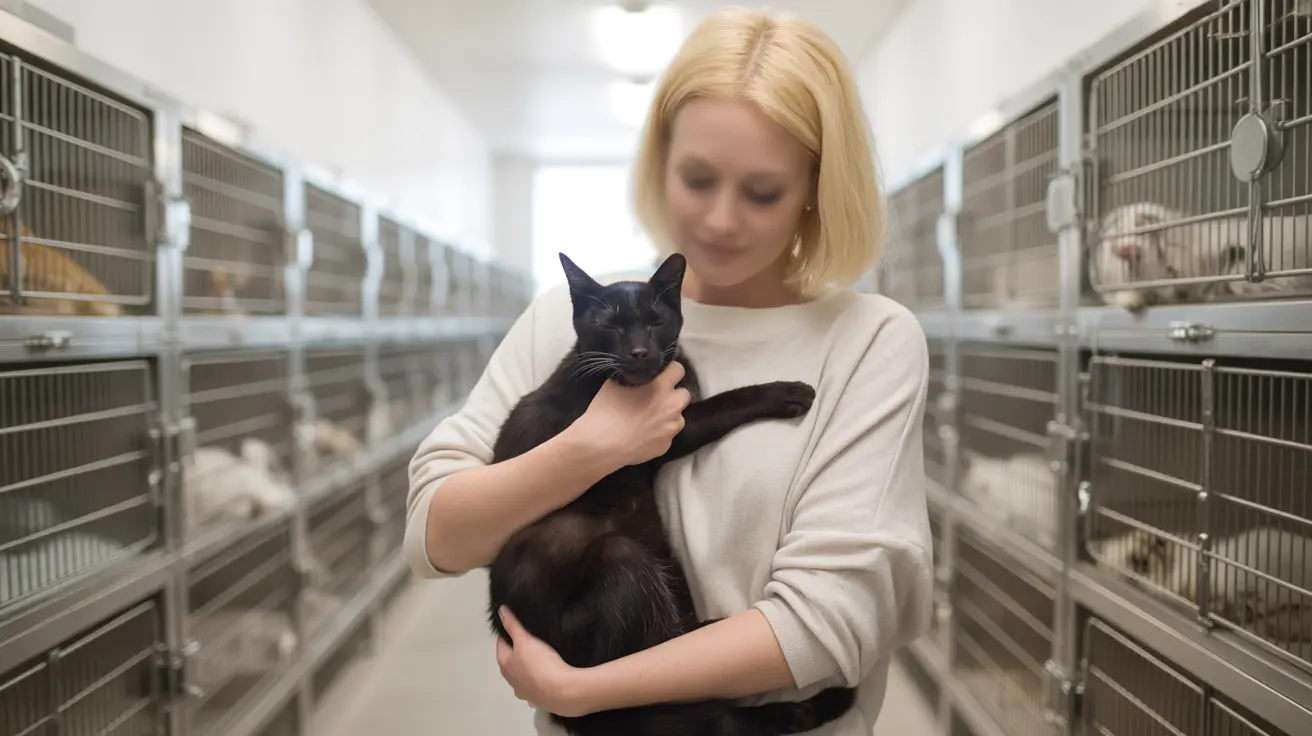Do Animals Eat Zinnia Flowers? A Guide for Gardeners and Pet Owners
Zinnias are popular garden flowers known for their vibrant colors and ease of growth. Native to Mexico and the southwestern United States, these annuals attract bees and butterflies while brightening up any landscape. However, a common concern among gardeners and pet owners alike is: do animals eat zinnia flowers?
Which Animals Are Known to Eat Zinnias?
Though zinnias are not typically at the top of the menu for most animals, they are not entirely immune to nibbling.
- Rabbits: These animals occasionally munch on zinnia flowers and their leaves, especially when food is scarce.
- Deer: Deer may sample zinnias, although they are not among their preferred plants. In drought conditions or when other food sources are limited, deer might nibble on them more readily.
- Squirrels and Rodents: These are less likely to eat zinnias directly but may dig around the base or uproot them while foraging or burying food.
- Insects: While not animals in the conventional sense, some insects like aphids, caterpillars, and Japanese beetles may feed on zinnia leaves and petals, causing noticeable damage.
Are Zinnias Safe for Pets?
For those with household pets, it's important to know whether zinnias pose any risk. Fortunately, zinnias are non-toxic to cats, dogs, and horses, according to the ASPCA. While nibbling might cause mild gastrointestinal upset in rare cases, they are generally considered safe.
Tips to Prevent Animal Damage
To reduce the likelihood of wildlife feeding on your zinnias, consider the following deterrents:
- Use Repellents: Commercial animal repellents or homemade sprays (like garlic or spicy pepper mixtures) can deter nibbling by making the plants less appealing.
- Physical Barriers: Fencing, netting, or garden cages can be effective, particularly against rabbits and deer.
- Motion-Activated Devices: Sprinklers or lights activated by movement can startle larger animals like deer and keep them away from your garden.
- Companion Planting: Surround your zinnias with plants that are known to repel pests, such as marigolds or lavender.
Understanding Animal Behavior
It's helpful to recognize that when animals eat zinnias, it's often due to necessity rather than preference. During periods of scarcity—such as late summer or droughts—animals may turn to less desirable plants like zinnias. Ensuring your garden has a diverse plant selection can help manage what gets eaten and what doesn't.
Are Zinnias a Good Choice for Animal-Friendly Gardens?
Despite occasional nibbling, zinnias are a great choice for both decorative and animal-friendly gardens. They are low-maintenance, come in a wide array of colors, and attract pollinators without being overly attractive to most mammals.
Conclusion
While zinnias are not a favored food for many animals, they are not immune to occasional grazing, especially by rabbits and deer. However, with proper precautions and garden planning, you can enjoy their beauty with minimal interference. Their non-toxic nature also makes them a safe and vibrant addition to any pet-loving household or wildlife-friendly garden.





